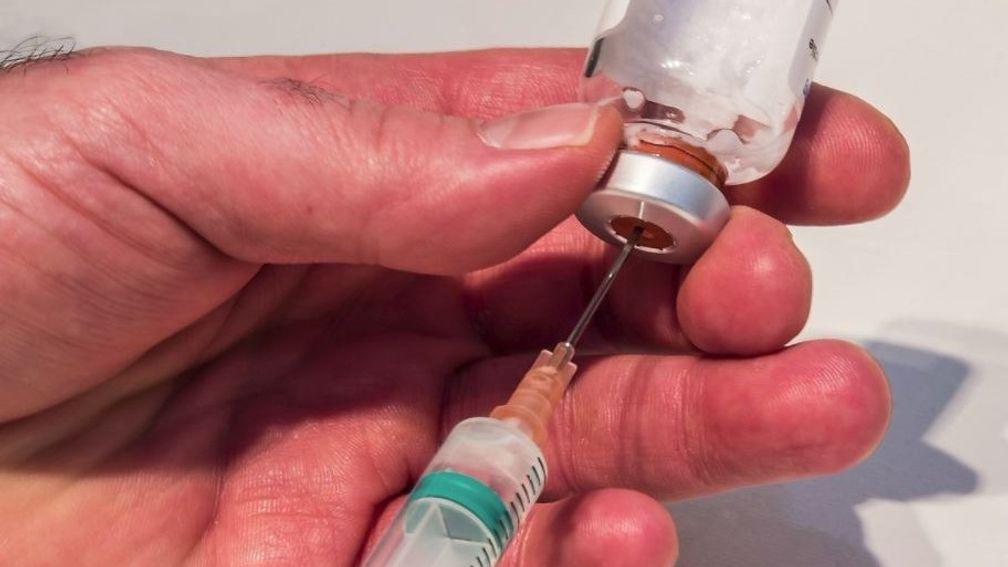- More
The BHA is spending £1 million on research into gene doping – why?

Gene doping could be a risk to the integrity of global racing within a decade according to the BHA, prompting the regulator to invest £1 million in research to detect it alongside teaming up with jurisdictions from around the world to get ahead of the threat.
Manipulation of cells to decrease oxygen capacity, muscle mass and even heart size are among the theoretical performance-enhancing advantages gained through gene doping.
Although stressing there was no evidence to suggest such practices were already in use, the regulator said recent advances in technology prompted reallocation of 20 per cent of its annual anti-doping research budget towards the study – £200,000 a year for the next five years.
BHA chief regulatory officer Brant Dunshea said: "The threat to the integrity of horseracing from genetic therapies is something that's been recognised over the last ten years or so, but it had been a theoretical threat.
"However, a study in 2017 demonstrated that what was thought theoretically possible could actually be transitioned into practice, which has given rise to key researchers around the world shifting their focus towards gene doping."

Explaining the basic theory behind gene doping, BHA director of equine health and welfare David Sykes said: "Gene doping is using a small volume of gene-altering or gene-editing nucleic acid that can turn on or turn off modified genetic cells to affect performance.
"For example, you could introduce some material that would alter the EPO [erythropoietin] receptor sites that allow an animal to produce [higher] levels of EPO naturally because we've turned the receptor on."
EPO hit the headlines in 2013 when seven-time Tour de France winner Lance Armstrong admitted to using the hormone, which increases the number of red blood cells – and therefore oxygen capacity.
Skykes said: "New technology is evolving all the time, and while I don't think there have been any previous incidences, that doesn't mean we shouldn't be looking for it in the next five or ten years and being able to identify if it is going to occur."
Sykes is a member of the International Federation of Horseracing Authorities' gene doping control sub-committee, which states as one of its objectives "to recommend systems and policies for the detection of gene and cellular doping in horseracing".
Key to the BHA study, run in conjunction with LGC Laboratories, will be practical research using horses at the Centre for Racehorse Studies based at the British Racing School.
Dunshea said: "We're very fortunate to have a stable of horses in full work that we're able to use for drug administration studies.
"The subsequent analytical work is done by our lab LGC, accompanied by purely scientific research that also happens in the lab, which is another part of our research spend. Further to that we also do collaborations with other labs via our laboratory to further help our understanding and make a contribution to the global community body of knowledge of anti-doping."
The study will also consider the heritability of any cell modification resulting from gene doping in future generations.
Read The Briefing from 8.30am daily on racingpost.com with all the day's latest going, weather, market moves and non-runner news
Published on inNews
Last updated
- Join Racing Post Members' Club for the very best in racing journalism - including Patrick Mullins' unmissable trip to see Gordon Elliott
- Racing Post Members' Club: 50% off your first three months
- Join the same team as Ryan Moore, Harry Cobden and other top jockeys with 50% off Racing Post Members' Club
- 'It’s really exciting we can connect Wentworth's story to Stubbs' - last chance to catch master painter's homecoming
- The jumps season is getting into full swing - and now is the perfect time to join Racing Post Members' Club with 50% off
- Join Racing Post Members' Club for the very best in racing journalism - including Patrick Mullins' unmissable trip to see Gordon Elliott
- Racing Post Members' Club: 50% off your first three months
- Join the same team as Ryan Moore, Harry Cobden and other top jockeys with 50% off Racing Post Members' Club
- 'It’s really exciting we can connect Wentworth's story to Stubbs' - last chance to catch master painter's homecoming
- The jumps season is getting into full swing - and now is the perfect time to join Racing Post Members' Club with 50% off